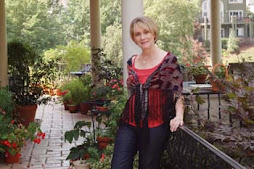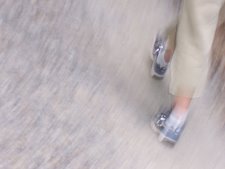
Since I am a writer and storyteller, I’m going to slow down a bit here at Words to Go to talk about writing and how coming-of-age and feeling different from others plays into our stories. Tuesday through Friday, I’ll chat with other authors about this theme.
The
Growing up near the river succored me with my first milky drop of ambition. The river wove through my town reminding me that there was a way out. But the way out is a two-way vortex that can tow you back home willing or not.
When my first book contract arrived on my doorstep in
“Your sister is killing me,” my mother wailed.
“You’re killing me,” my father told my mother.
My father’s brothers and sisters were killing him; my mother’s spending would be our death. My mother redeemed soda pop bottles to buy fabric to sew clothes for my little sister and me, yet it was not enough according to my father; she was killing him. A brother I did not know had killed my mother. I killed my father when I left college and got married. When my husband quit his job at NASA to become a minister, Dad swore it would put him in the grave.
Finally, after all the years of predicting her own death, cancer was finally taking my mother. My father had to be jealous. My mother was finally getting her wish after years of threatening to die. But it broke my heart like the first time she predicted it.
When new writers sit in workshops gazing with that tortured look that I remember as the angst of the unpubbed writer, what they want is a magic bullet to publishing. But in a room of thirty or more emerging writers, the energy of their lust clouds their thinking and often they overlook the most important ingredient in finding their story, that of the striving that is going on inside of them in that instant.
If it were not for striving, I would not be a writer.
My mother and father strived to lie down and not live. But as they took breath, they took risks. Living is risky. Writing about it is even riskier. You tell a lie, and people think it’s true. You tell the truth, and people hate you.
The truth telling continues this week on Words to Go, but we predict you are going to love it. Stay tuned as authors Shellie Thomlinson, Kathy Patrick, Melody Carlson, and Karen Harrington share with me their stories—“Here Comes Trouble—How Our Stories Find a Way.”








